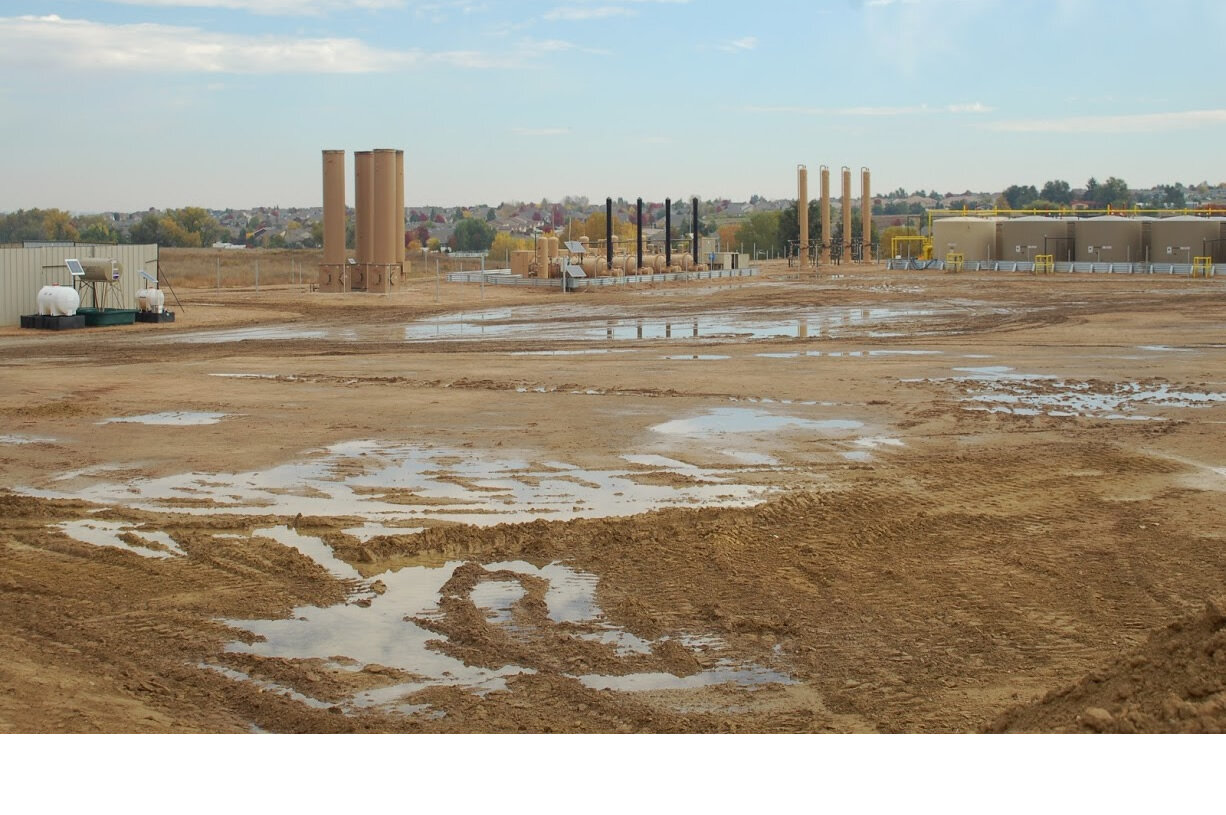
Oil & Gas / Fracking
PSR Colorado works to keep health professionals and the community aware of the most current, factual, and reliable information. We work at the local, state and federal level to support communities in their efforts to mitigate fracking and its harmful impacts through lobbying, educating decision-makers, letters to the editor, testimonies, and seminars.
Medical Symposium
PSR Colorado has organized and presented accredited educational symposia addressing the adverse health effects of oil and gas development.
Our full-day virtual 2020 Medical Symposium: Health Effects of Oil and Gas Development, attended by 150 persons from all parts of the country, had thirteen highly credentialed and inspirational speakers.
Our in-person 2019 Medical Symposium: Health Impacts of Hydraulic Fracturing brought together 200 health professionals, advocates, decision-makers, and concerned citizens.
Unconventional oil and gas extraction, known as fracking, has increased exponentially in Colorado in the past decade, largely with scant regulation regarding the health impacts of and protections from this industry.
Fortunately, in 2019, the Colorado bill SB-181 was passed. This bill changed the mission of the Colorado Oil and Gas Conservation Commission (COGCC), the primary oversight agency to the fracking industry, to one that regulates rather than promotes oil and gas development. SB-181 designated a clear requirement that the COGCC prioritize public health and safety before oil and gas development.
The recent fracking industry growth and poor oversight is evidenced in most measures of public health - air, water, and soil quality, as well as human health seen in fracking industry employees and Colorado citizens living both near and far from the fracking sources. Fracking operations release toxic gases, the most dangerous of which are volatile organic compounds (VOCs) including the BTEX complex (benzene, toluene, ethylbenzene and xylene). Benzene is a potent carcinogen and, according to the EPA, cancer risk can occur at any exposure level of this compound. BTEX compounds are known to cause birth defects, impact the reproductive system, and affect the kidneys, liver and lungs. Studies link fracking with childhood hematologic cancer, neurologic conditions, and respiratory diseases, particularly asthma. The smallest in public, children and fetuses, are the most vulnerable, however, respiratory and dermatologic conditions in adults are also correlated with fracking contaminants. In addition to all the local effects of this industry, the fracking industry is a key contributor to greenhouse gas emissions and thus climate crisis.
PSR Colorado has worked at the local, state and federal level to support communities in their efforts to mitigate fracking and its harmful impacts through lobbying, educating decision-makers, letters to the editor, testimonies, and seminars. We are closely following and partaking in the SB-181 Rule-making process. We continue to educate healthcare professionals and the community on the health and safety harms of this fossil-fuel industry.
Compendium
A collection of nearly 2,000 abstracts of medical, scientific and investigative reports about the consequences of oil and gas drilling, fracking, and associated infrastructure.
Presents evidence that these activities are dangerous to public health, the environment, and the climate cycle and a grave environmental justice issue, with communities of color, Indigenous people, and impoverished communities bearing disproportionate harm.
The seventh edition of the fracking “Compendium,” which summarizes and links to an almost encyclopedic compilation of reports, peer-reviewed articles and investigative reporting on fracking’s dangerous impacts on health, has been released.
PSR is proud to partner with Concerned Health Professionals of New York in preparing and rolling out this volume, which highlights factual evidence that fracking for oil and gas hastens climate change and harms human health.
The Compendium—its full name is “Compendium of Scientific, Medical, and Media Findings Demonstrating Risks and Harms of Fracking (Unconventional Gas and Oil Extraction)”—is an invaluable tool for anyone seeking to understand and convey fracking’s health threats. It provides brief summaries of some 1,500 reports; electronic links facilitate access to source material. Content is divided into sections that include public health, water contamination, air pollution, inherent engineering problems, abandoned wells, pipelines, LNG export, and more.
The Compendium also addresses some of fracking’s widening circles of impact, with sections ranging from flood risks, to earthquakes, to threats to agriculture.
It also examines methane (fracked gas) leaks into the atmosphere, greatly accelerating climate change.
Oil & Gas / Fracking News









